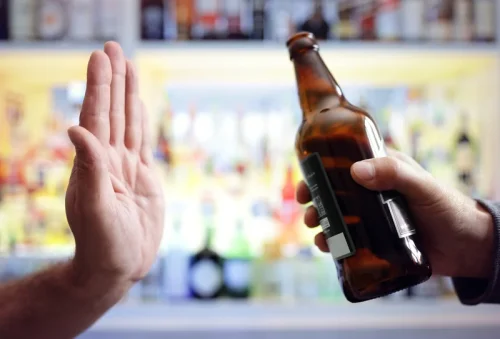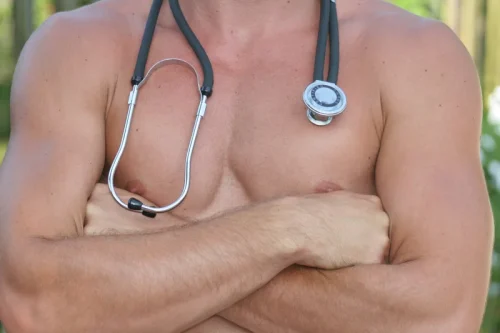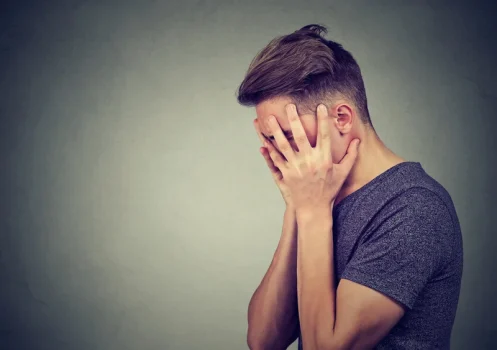When you go sober for even a month, your body will change Heres how.

«It’s quite clear that alcohol has a physiological effect on the body, so I’d be surprised if all those effects just wore off,» he said. Deciding to slowly cut back or quickly end your drinking is a personal choice, but it’s important to be honest with yourself and your abilities. Being addicted to alcohol means that it has control and power over you. But anything more than a drink or so a day has the opposite effect, especially if you abuse or are addicted to alcohol.
- If you look out a longer time, people who drink are six times more likely to have a cardiovascular event within a week compared to people who don’t drink.
- In the long run, it can contribute to feelings of depression and anxiety because drinking affects the neurotransmitters in our brains that are needed for good mental well-being.
- That’s because alcohol reduces time spent in the restorative REM stage of sleep, she explains.
Your Skin and Hair Will Look Better

In fact, experts recommend engaging with as many tools as possible for the greatest chance of success. Evidence shows that a combination of alcohol therapy, community support, and, when appropriate, medication to stop drinking, can help reduce alcohol consumption and improve health outcomes. You can sign up for Monument to gain access to resources like therapist-moderated support groups, and explore your treatment plan options. Our clinicians will work with you to form a treatment plan unique to you and your needs. This is a rare complication of stopping alcohol use, occurring in only about 5% of people experiencing withdrawal. Symptoms may start hours after a person’s last drink and last up to 7-10 days.

After a week:
Two-thirds of adult drinkers, however, say they exceed these levels at least once a month, a 2014 study found. But when done safely, cutting alcohol out of your life can help make you a happier and healthier version of yourself. Whether you are a heavy drinker or a binge drinker, excessive alcohol use can result in some serious risks to your health. Some of these risks are immediate, some of them can continue to develop over time. Enjoying alcohol socially in reasonable amounts can boost your mood and help you bond with others. But if you drink alone, or down multiple drinks a day, it could turn into an unhealthy habit.
- Your insurance plan may cover some or all of the cost of treatment for drug or alcohol addiction.
- However, when you drink in excess, the enzyme gets saturated and is metabolized by a different enzyme.
- While alcohol is high in calories, and wine, beer, and mixed drinks add sugar to one’s diet, Kumar said that simply cutting it out may not always help you lose weight.
- You can manage stress and cope with life’s challenges in healthier ways, she says.
- For other people, the possible benefits gained from drinking alcohol could also be accomplished by getting more exercise, not smoking, and eating a healthier diet.
Week Two Benefits
Giving it up for 30 days can bring your energy levels back into balance! In the study that looked at the effects of giving up alcohol for 30 days, 52 percent of participants reported having better energy. From increased energy to better sleep, the benefits of giving up alcohol can improve your daily routine. In these cases, she said that talking with a healthcare provider about taking specific withdrawal medication could be helpful.
Prof Holmes says the updated Government guidance was intended to convey a message about the increased evidence of harm, while advising people how to consume alcohol at the lowest level of risk. Decades of scientific research has now proven links what happens when you stop drinking between alcohol and at least eight different types of cancer, dementia, heart attacks, strokes and liver cirrhosis. ‘Eating anti-inflammatory foods such as chickpeas and blueberries can improve inflammation within the skin,’ says Dr Murad.


He is the co-chair of the LA County Department of Health Services HIV Best Practices Committee and member of the LA County Department of Health Services Substance Use Disorder work group. Dr. Belani is currently a member of the Society of General Internal Medicine and American Academy of HIV Medicine. If you experience ongoing anxiety or depression, it’s important to reach out to a health care provider to discuss treatment options. “Quitting alcohol isn’t just about physical health; it’s a profound transformation for mental well-being too,” says Dr. Kellogg. Some prefer quitting altogether while others reduce alcohol intake gradually.
Your Sex Life Might Improve


Dejar un comentario
¿Quieres unirte a la conversación?Siéntete libre de contribuir!